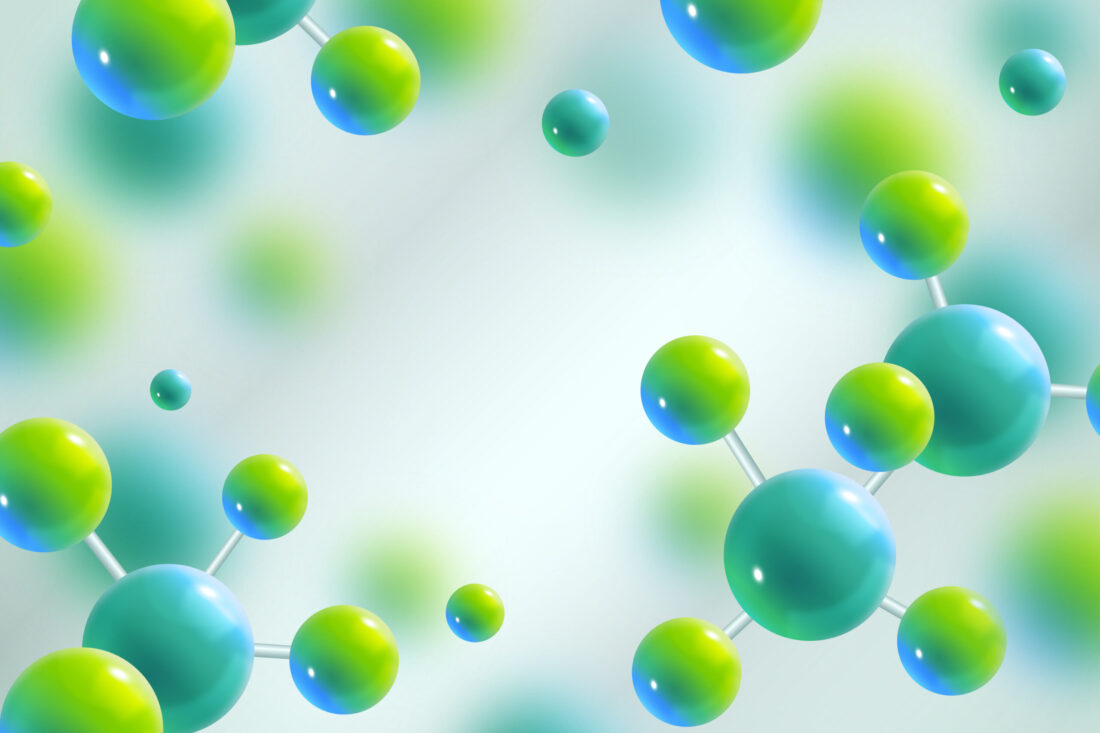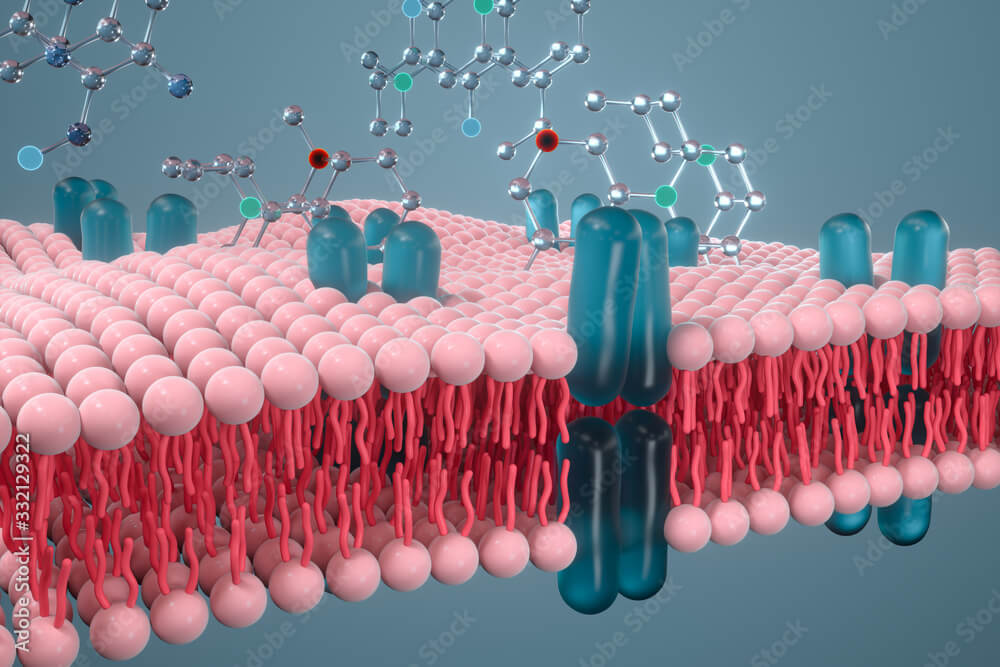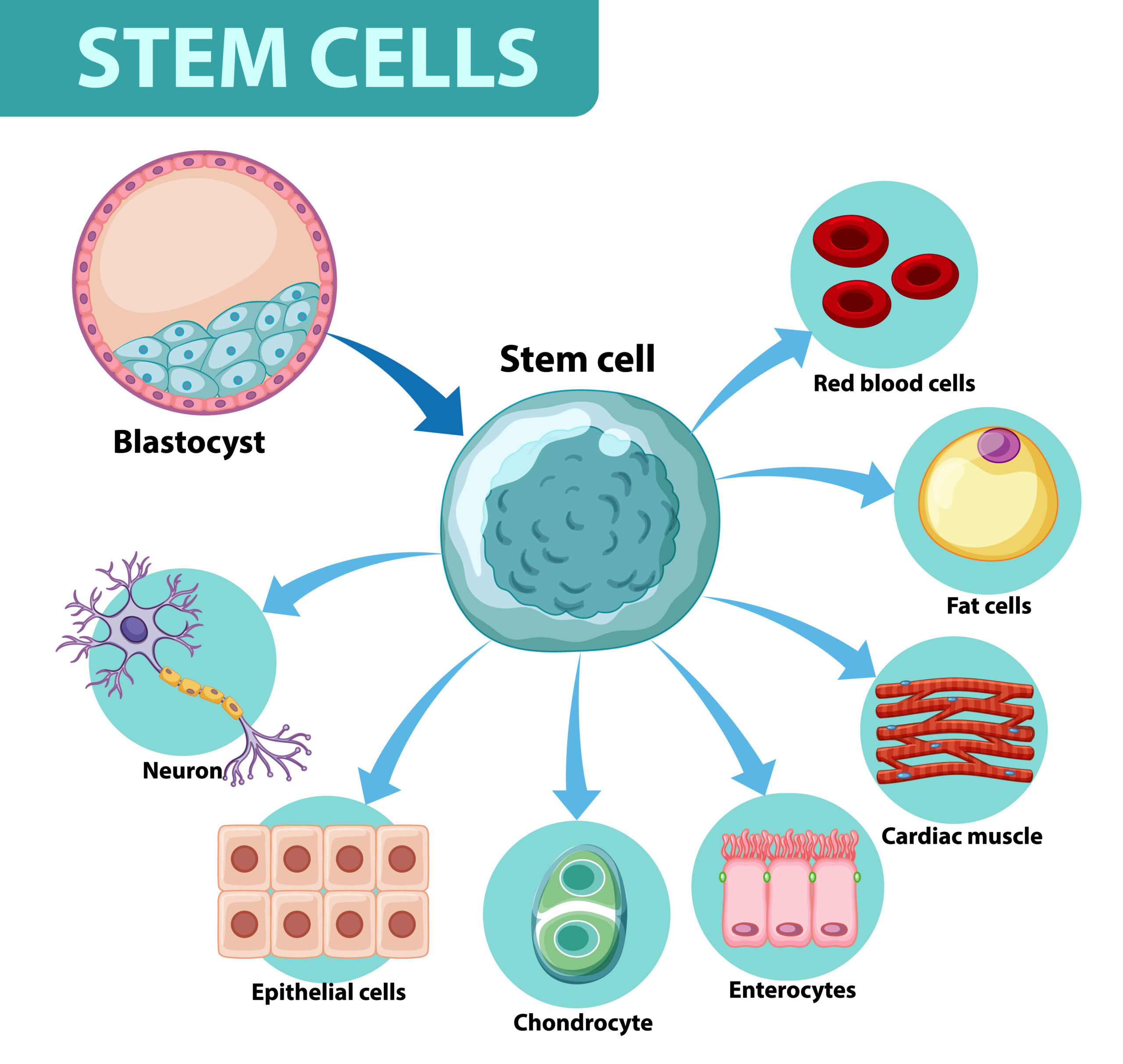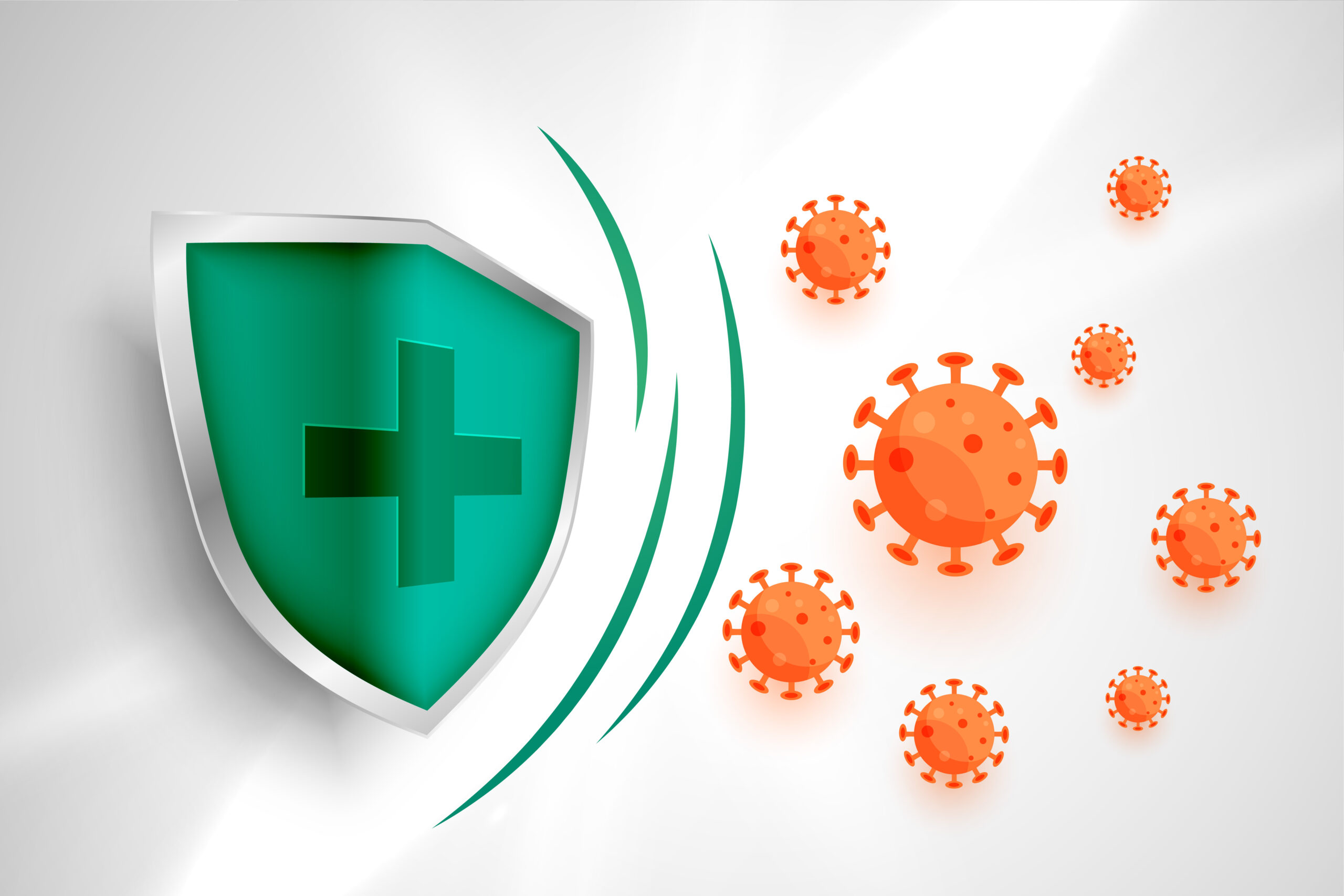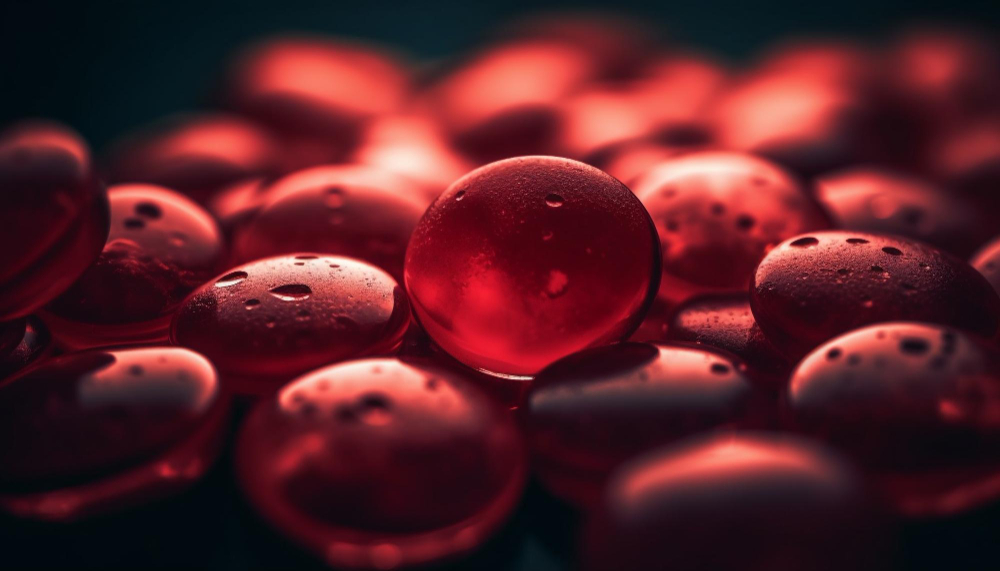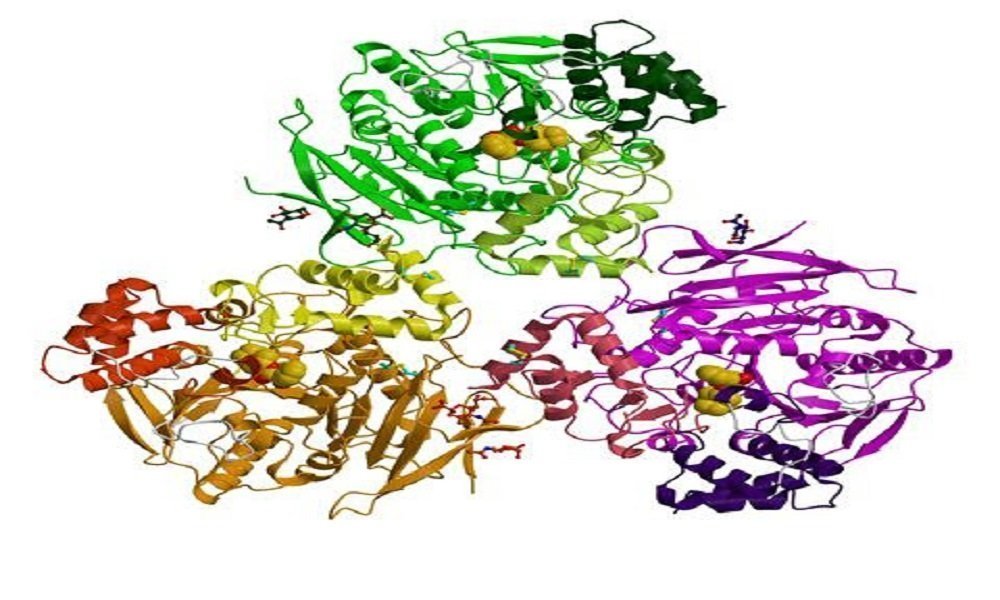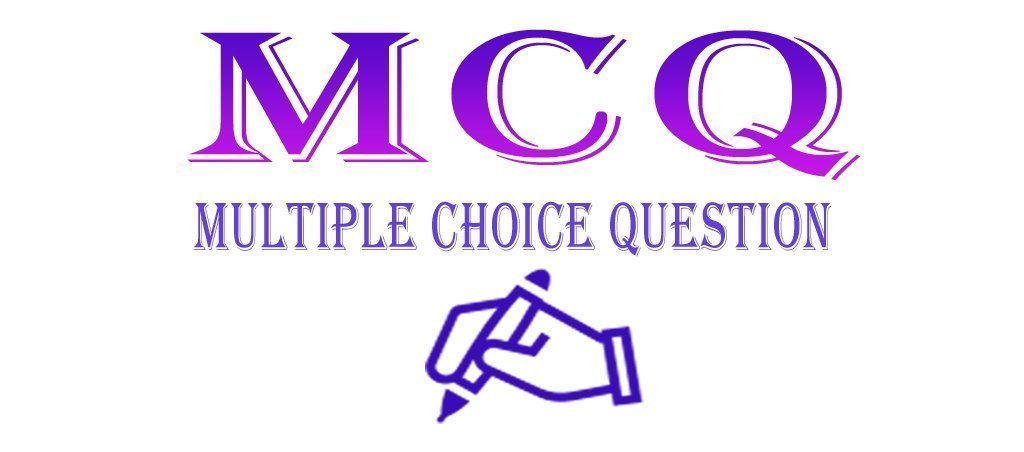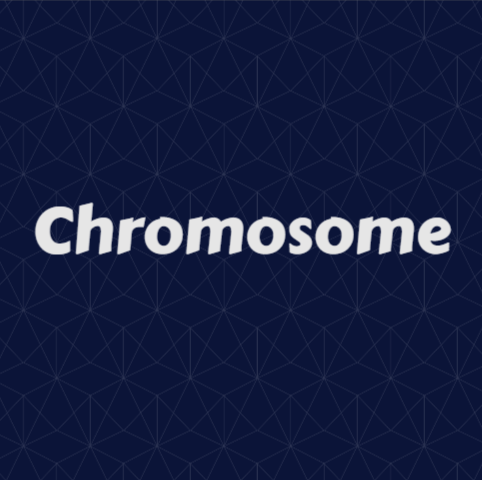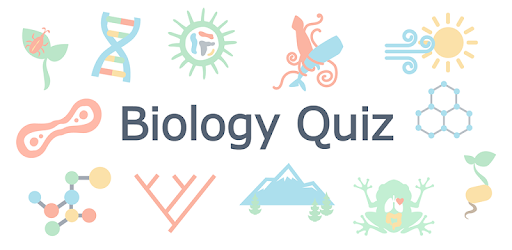Tag: Biochemistry

Q&A on plant structure and function
Q: What is the primary function of plant leaves? A: The primary function of plant leaves is to perform photosynthesis, where they convert sunlight, carbon dioxide, and water into glucose and oxygen. Additionally, leaves also facilitate gas exchange and transpiration. Q: How do plant roots contribute to the overall health of a plant? A: Plant…

Enzymes: Substrate Interaction & Biochemistry
Within the realm of biology, cells rely on intricate processes to sustain life. Catalysts known as proteins play a crucial role in these processes, expediting chemical reactions. These proteins possess a remarkable capability to interact with specific substances, forming the foundation of biochemistry. In this article, we will explore these proteins and their interactions with…

MCQ on Role of Plasma Membrane
here are some multiple-choice questions (MCQs) about “Plasma Membrane Structure and Function: Key Role in Cell Homeostasis,” along with detailed answers: Question 1: Which of the following components make up the plasma membrane’s basic structure? A) Nucleic acids and proteins B) Carbohydrates and lipids C) Proteins and lipids D) Carbohydrates and nucleic acids Answer 1:…

Plasma Membrane Structure and Function: Key Role in Cell Homeostasis
The plasma membrane, also known as the cell membrane, is a crucial structure that surrounds all living cells. It separates the internal environment of the cell from the extracellular environment, regulating the flow of substances in and out of the cell. The plasma membrane plays a central role in maintaining cell homeostasis, which is the…

Stem Cells: The Building Blocks of Regeneration
In the intricate tapestry of life, there exists a remarkable group of cells with the potential to reshape our understanding of healing and tissue regeneration. These cells, known as stem cells, have captivated the imagination of scientists and medical researchers for decades due to their unique ability to transform into various cell types and contribute…

Quiz: Test Your Knowledge of the Immune System
1) What is the primary function of the immune system? a) Digestion of food b) Regulation of body temperature c) Protection against infections and diseases d) Production of hormones Answer: c) Protection against infections and diseases Explanation: The immune system’s main role is to defend the body against harmful pathogens, such as bacteria, viruses, fungi,…

What is the role of hemoglobin?
The Crucial Role of Hemoglobin in Your Body Hemoglobin is an unsung hero in your body’s complex orchestra of functions. This iron-rich protein plays a central role in sustaining life by carrying oxygen to every cell. Let’s delve into the fascinating functions of hemoglobin and why it’s essential for your well-being. Oxygen Transport – Hemoglobin’s…

What is enzyme and characteristics?
Enzymes are biological catalysts that facilitate chemical reactions in living organisms. They are typically proteins, although some RNA molecules also have catalytic activity. Enzymes are essential for life because they speed up the reactions that are necessary for cells to function properly. Without enzymes, many biochemical reactions in the body would occur too slowly to…

MCQ on Breathing and Exchange of Gases-2
Visiting high mountains may cause altitude sickness in men living in plain areas. Prime cause of this is (a) excess of CO2 in blood (b) decreased efficiency of haemoglobin (c) decreased partial pressure of oxygen (d) decreased proportion of oxygen in air. Increase in body temperature makes oxygen haemoglobin dissociation curve (a) shift to left…

Chromosome
A chromosome is a structure found in cells that is made up of a long strand of DNA, which is the genetic material that contains the instructions for the development and function of all living organisms. Chromosomes are found in the nucleus of eukaryotic cells and play a crucial role in the cell cycle, replication,…

True Or False On Carbohydrates

MCQ on Respiration in plant
Q1: Which organelle in plant cells is primarily responsible for cellular respiration? (A) Chloroplast (B) Mitochondrion (C) Vacuole (D) Nucleus Answer: (B) Mitochondrion Explanation: Mitochondria are the main sites of cellular respiration in plant cells, where ATP is produced. Q2: During respiration, what is the primary substrate used by plants to generate energy? (A) Oxygen…


